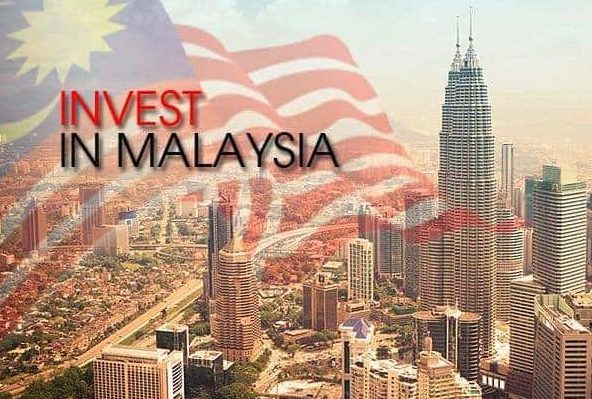Malaysia: A Reliable Trade and Investment Partner

Malaysia has established itself as one of the most trade-friendly countries in the world. Malaysia is the 25th country with most competitive economy according to the World Competitive Yearbook in 2021 and it ranked second in the World Banks’ Ease of Doing business in 2020. Malaysia is also recognised by the World Trade Organisation (WTO) as the world’s 25th trading nation, 24th largest exporter and 26th largest importer in 2020.
Since 1957, Malaysia has successfully diversified its economy from one that was initially agriculture and commodity-based, to one that now plays host to robust manufacturing and service sectors, which have propelled the country to become a leading exporter of electrical appliances, parts, and components and has also been a major supplier of primary products to industrialised countries. Today, Malaysia continues to be known as a centre for trade and investment.
Trading with Malaysia
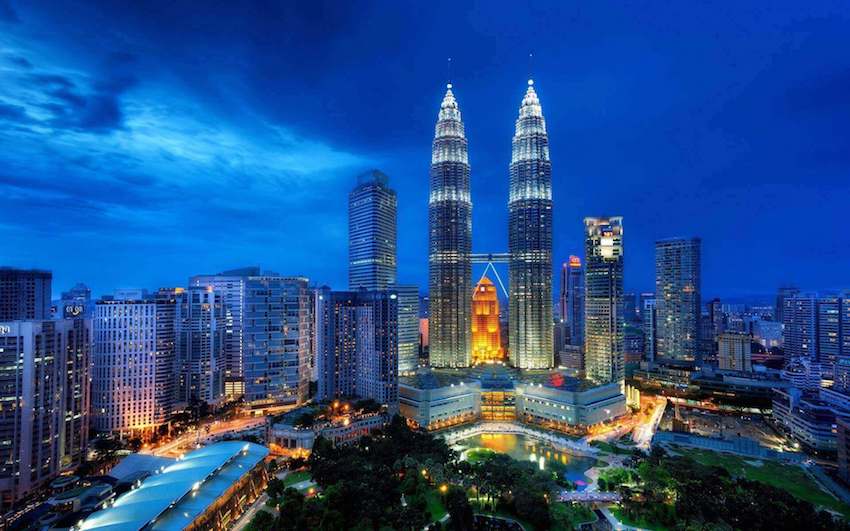
In maintaining its attractiveness and in catching up with current global trade, commerce and financial sectors, Malaysia had rapidly transformed itself with modern technologies. Today, it is capable of conducting business efficiently and effectively including through the realm of digital economy.
In terms of exports, Malaysia provide high value-added products in various areas including in technology, electrical and electronic parts, chemicals and chemical products, petrochemicals, optical and scientific equipment, medical devices, machinery, equipment and parts, automotive and aerospace components, building materials, renewable energy, processed food, furniture and lifestyle products besides traditional commodity exports such as oil and gas and palm oil-based products as well as rubber-based products. These items are primarily exported to Malaysia’s main trade destinations of ASEAN, China, the United States, Hong Kong, Japan, Taiwan, the Republic of Korea as well as the European Union, including Hungary.
Malaysia’s electrical and electronics companies are considered the leading players globally with a significant amount of all electronic exports being contributed by semiconductor devices, integrated circuits (ICs), transistors and valves. These companies are also capable exporters in their own right and specialise in various areas including electronic manufacturing services, wafer fabrication, IC designs, assembly and much more.
Food is another area in which Malaysia excels and the largest export category is edible products and preparations consisting of sauces, soya-based preparations and extracts and concentrates that are used as food ingredients.
Investing in Malaysia
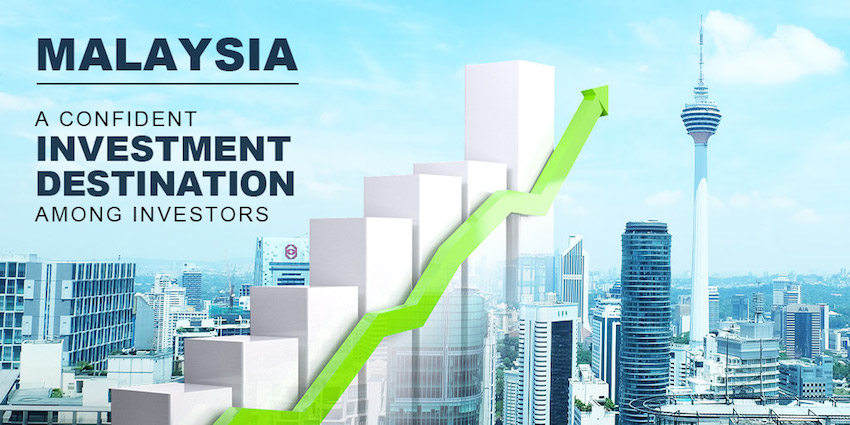
There is an abundance of reasons why one should invest in Malaysia. The ultimate reason being its strategic location. Malaysia lies just above the equator, right in the heart of South-East Asia and it is strategically located between the Indian Ocean and the South China Sea. Malaysia is also well connected by all primary air and shipping lines. Its air transport infrastructure is among the best in the world, and the coastal ports provide direct maritime access in Asia to Singapore, China, as well as to Europe and the United States. This coupled with the country’s sustainable and solid economic foundation, comprehensive business ready environment, future-forward focus and dynamic skilled workforce have made Malaysia an attractive cost-competitive investment location in the region, and is fast becoming a preferred centre for shared services and leading technology industries.
Malaysia had also signed and implemented various free trade agreements (FTA), which include bilateral FTAs with Japan, Pakistan, India, New Zealand, Chile, Australia and Turkey. On the ASEAN level, Malaysia has regional FTAs through the ASEAN Free Trade Agreement (AFTA) with China, Korea, Japan, Australia, New Zealand and India. This creates a potential market size of more than 4 billion people globally. Up to 98% of total products have 0% import duties under Malaysia’s FTAs with ASEAN.
Malaysia’s liberal equity policy further makes it easier for foreign companies to set up business. Since June 2003, foreign investors could hold 100% of the equity in all investments in new and expansion / diversification projects in the manufacturing sector and selected services sectors. Liberalised services sub-sectors include selected areas of health and social services, tourism services, transport services, business services and computer and related services.
Connecting Malaysia with the World
Malaysia had proved itself over and over again as an attractive place for trade and investment. Right from the 1400s, it has been chosen internationally by foreign merchants as a trading centre. Evolving through time, the land now called Malaysia still succeed in providing attractive industries and economic environment for trade and investment – despite the challenges posed by rapid change in modernisation and technologies.
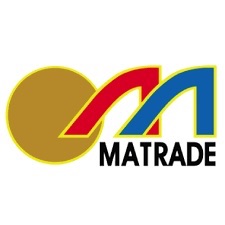
The Malaysia External Trade Development Corporation (MATRADE), the National Export Promotion Agency of Malaysia, is regularly organising International Sourcing Programs (INSP) to provide an easy and convenient event for foreign companies trying to identify credible exporters from Malaysia for their sourcing needs.
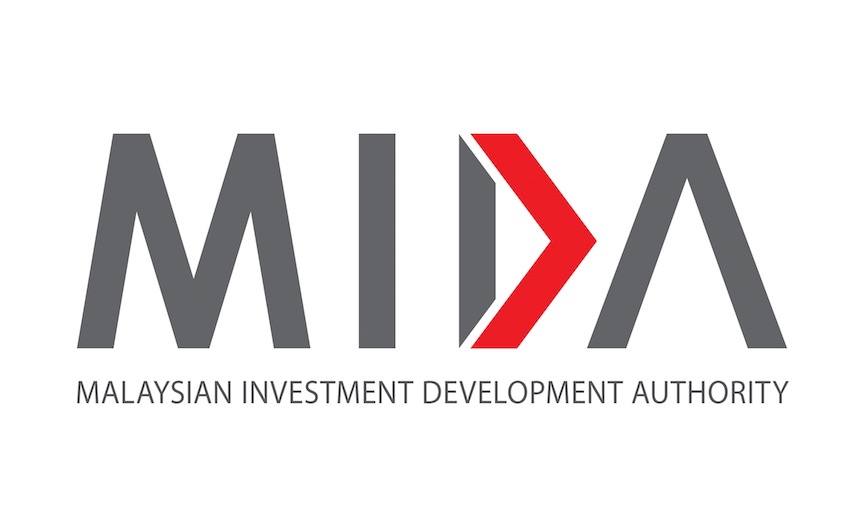
Another important agency is the Malaysian Investment Development Authority (MIDA), which principal role is to promote investments in the manufacturing and services sectors. MIDA will also assists foreign companies which intend to invest in the manufacturing and services sectors, as well as facilitates the implementation of their projects. The wide range of services provided by MIDA include providing information on the opportunities for investments, as well as facilitating foreign companies which are looking for joint venture partners.
Both agencies are the one-stop-centre which will assist business people and companies to trade and invest in Malaysia successfully. With an attractive economic environment and assistance offered, businesses and companies should “Choose Malaysia”.
Opportunities for Traders and Investors
Annual trade figures between Hungary and Malaysia have been growing impressively for the past years, despite the challenges posed by the outbreak of the Covid-19 pandemic. Total trade between Hungary and Malaysia in 2021 stands strong at USD 1,303.36 million, an increase of 10.26% as compared to 2020.
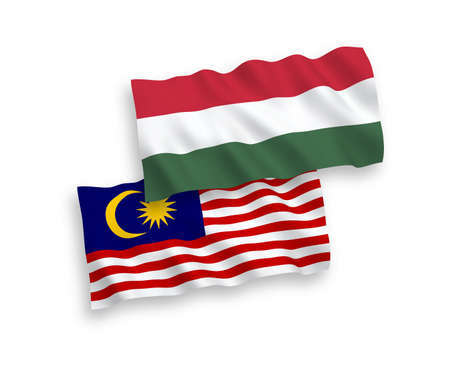
Hungary’s import on products and services from Malaysia had increased by 9.42% in 2021 amounting to USD 1,139.08 million. Most of these imports are primarily in electrical and electronic products, machinery products, copper and copper related products, miscellaneous food products, medical, and surgical instruments and rubber products.
Although geographically challenged, Malaysia is an ideal option for foreign and Hungarian local companies to source products and services or raw materials and ingredients for production in various areas.

Foreign and Hungarian companies should also capitalise on importing sustainable palm oil from Malaysia – the second largest exporter of palm oil in the world. The Hungarian confectionary industry depends a lot on the usage of palm oil, therefore the wise choice would be to choose from a sustainable source of palm oil originating from Malaysia.
Another potential industry but is yet to be ventured by the Hungarian companies is in the Halal industry, which market is currently valued at $7.2 trillion in 2020, and expected to grow to $11.2 trillion by 2028. Malaysia is a pioneer in the area of Halal, with extensive expertise including in the areas of Halal certification, Halal economic landscape and Islamic financial system. The Department of Islamic Development Malaysia (JAKIM) is the authority in approving and giving out widely recognised Halal certification. Although the reputation of such industry might not be tempting for European countries like Hungary, industry collaboration with Malaysia’s expertise in the Halal industry however, can be potentially lucrative for European countries’ export to countries with Halal demand, including packaging the tourism sector to attract Halal minded tourists.

Trade and Investment Section,
Embassy of Malaysia, Budapest





